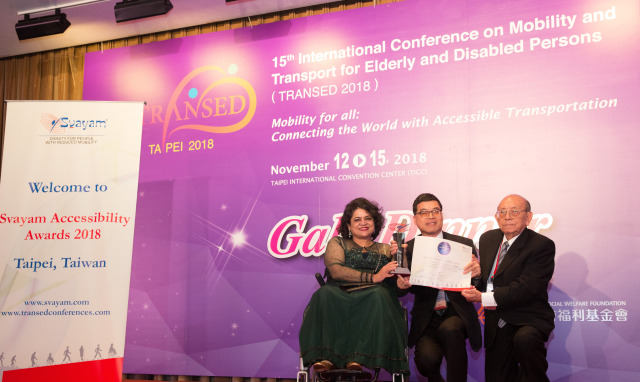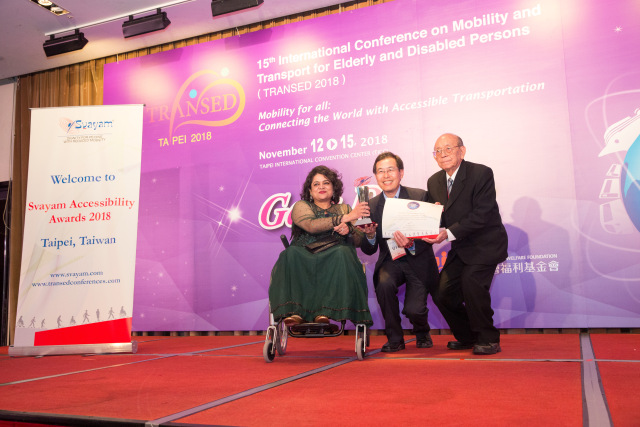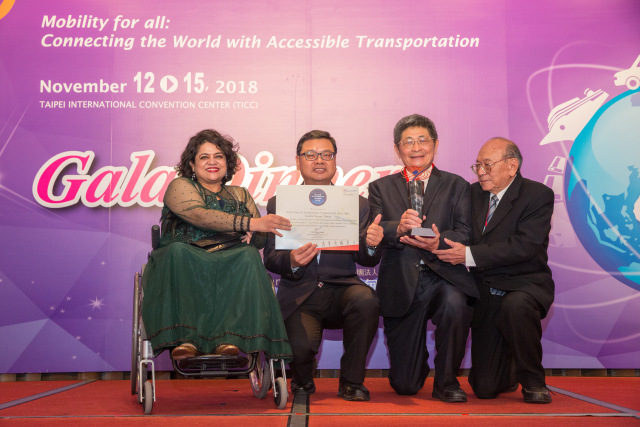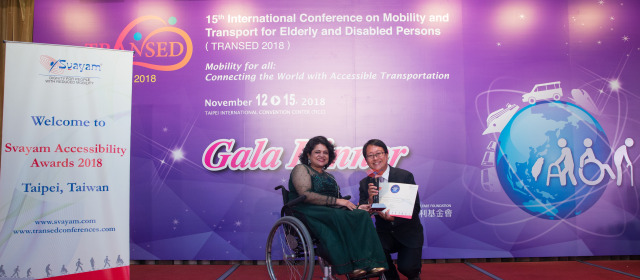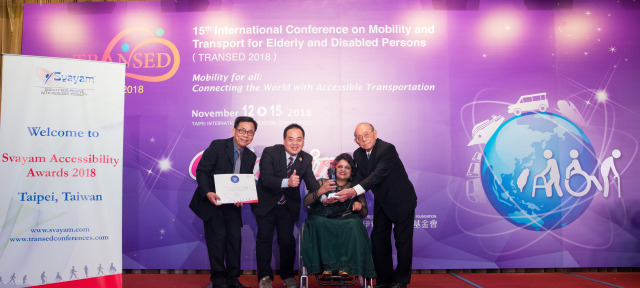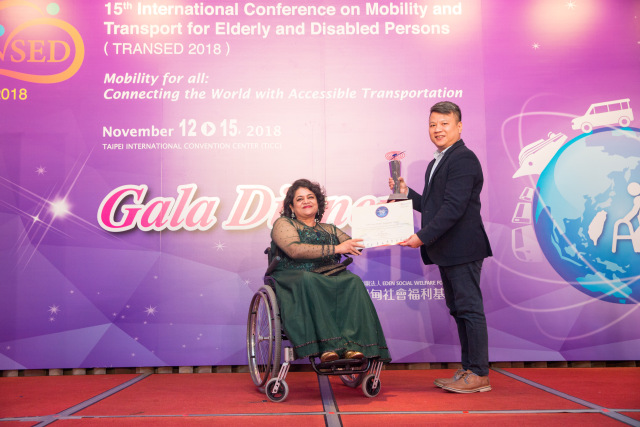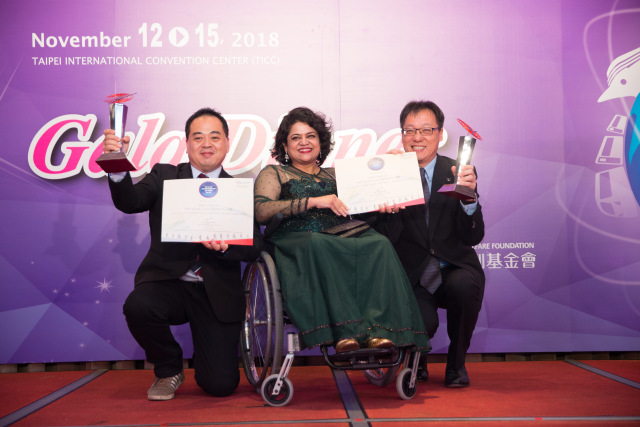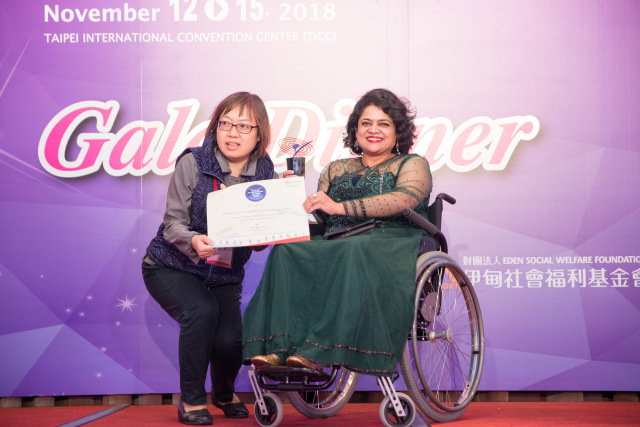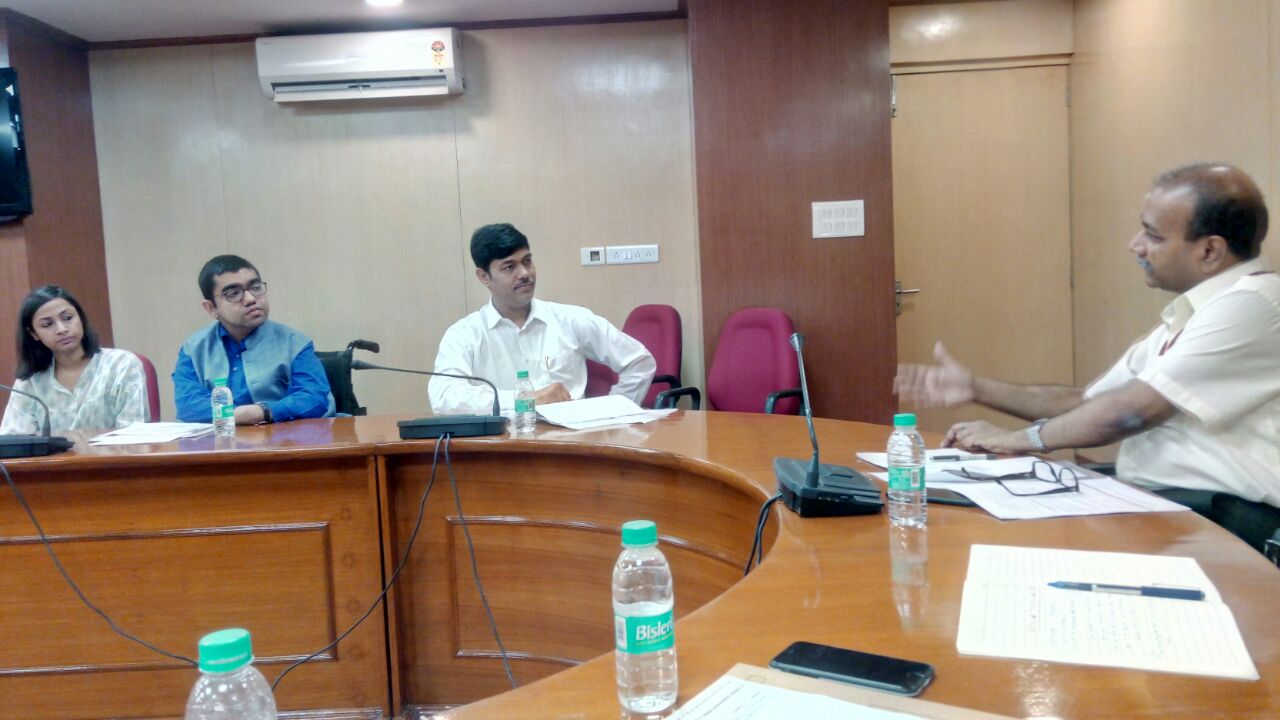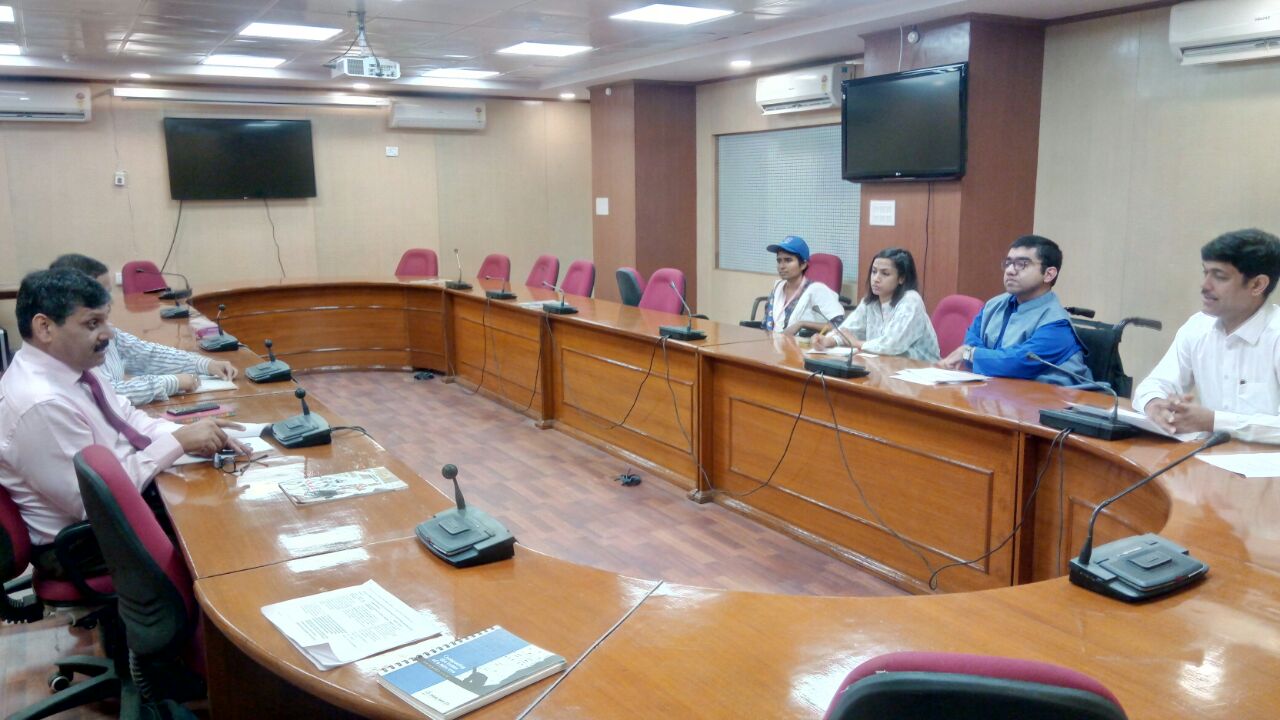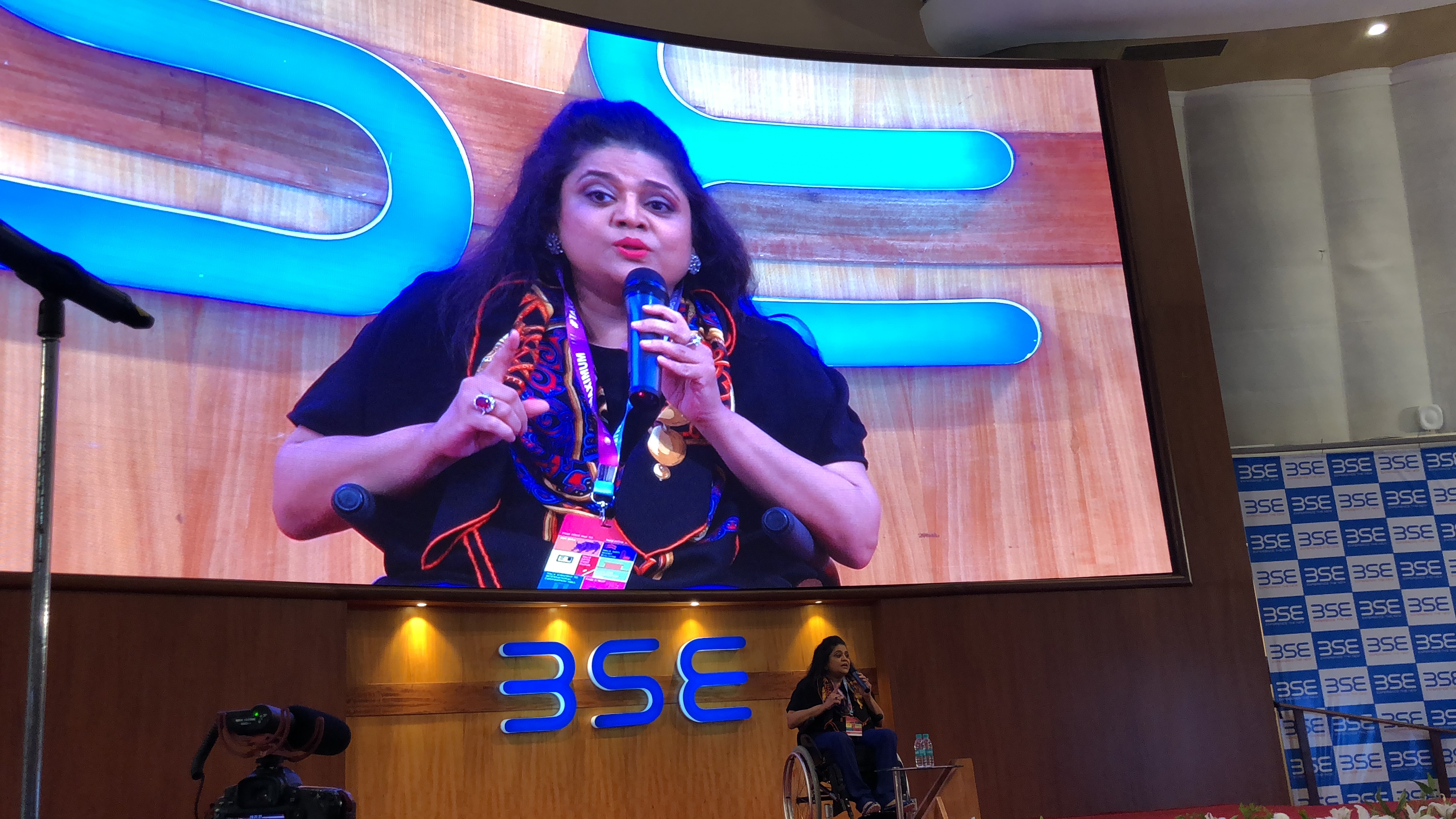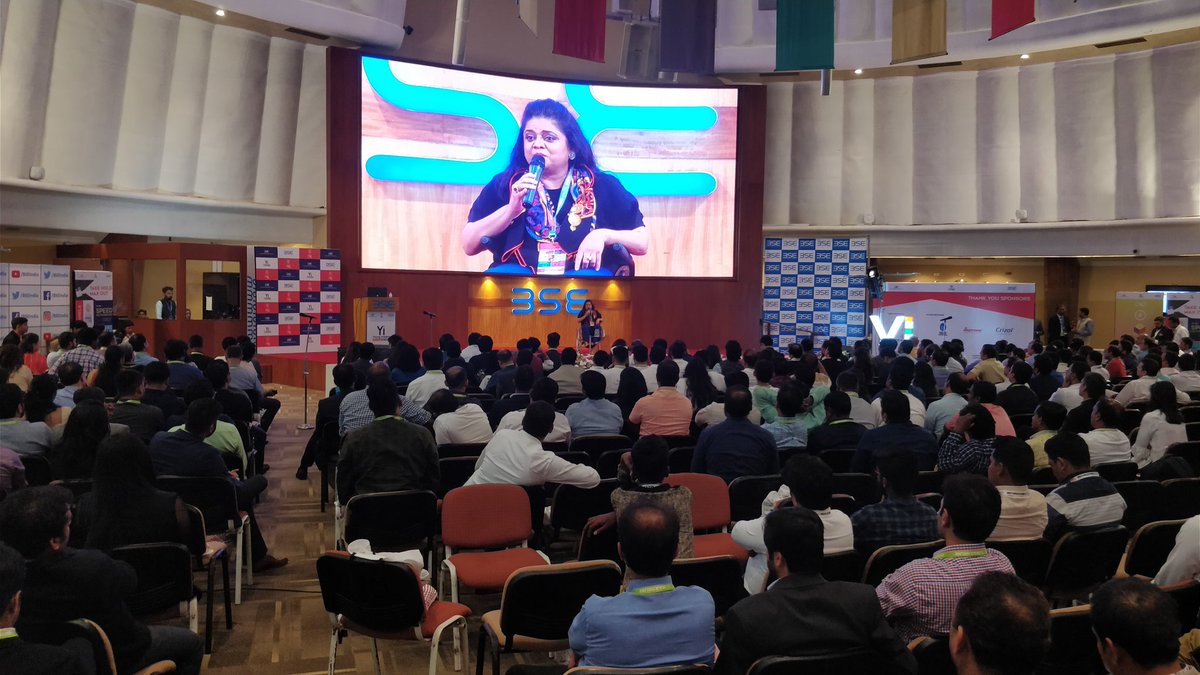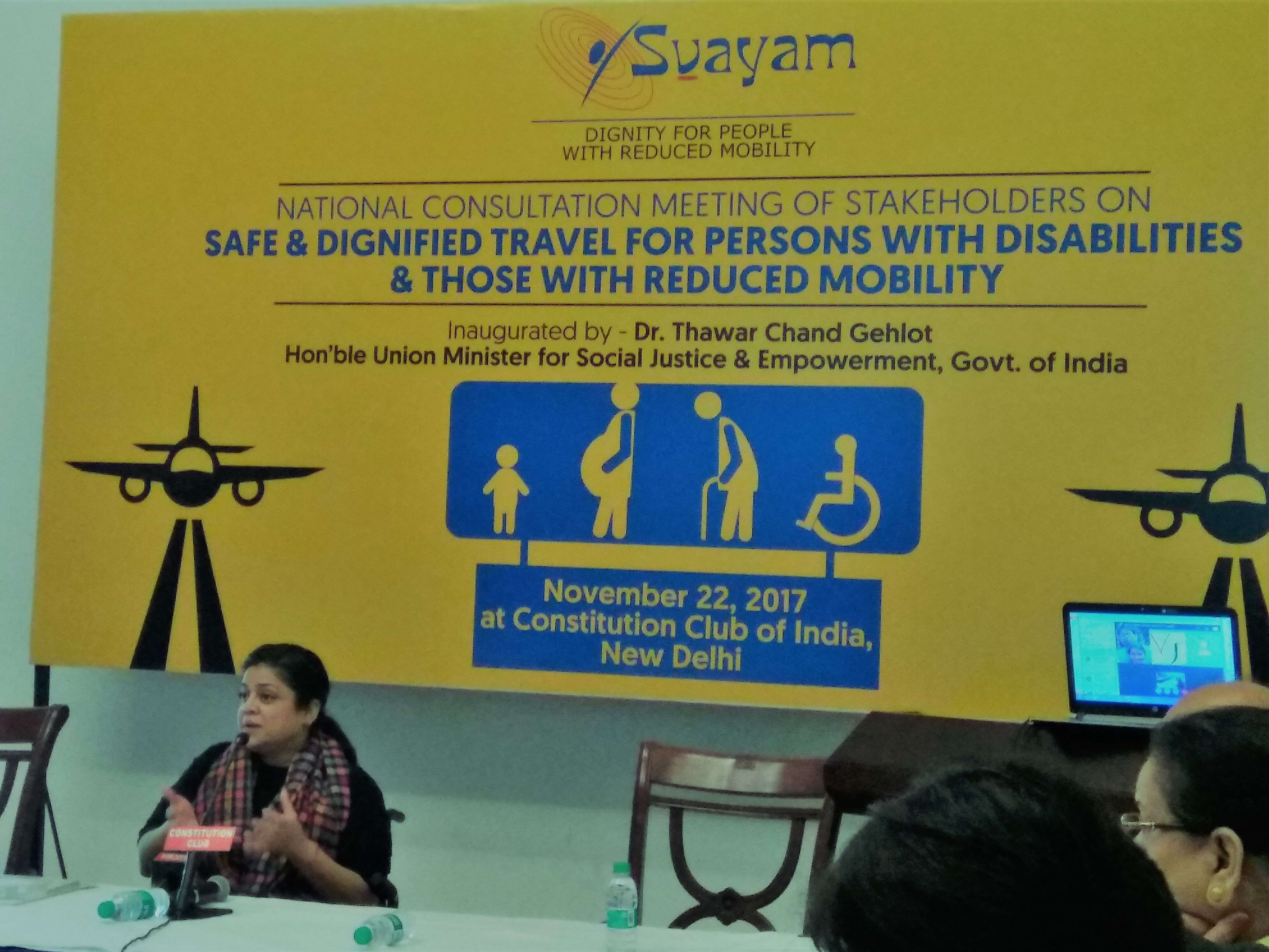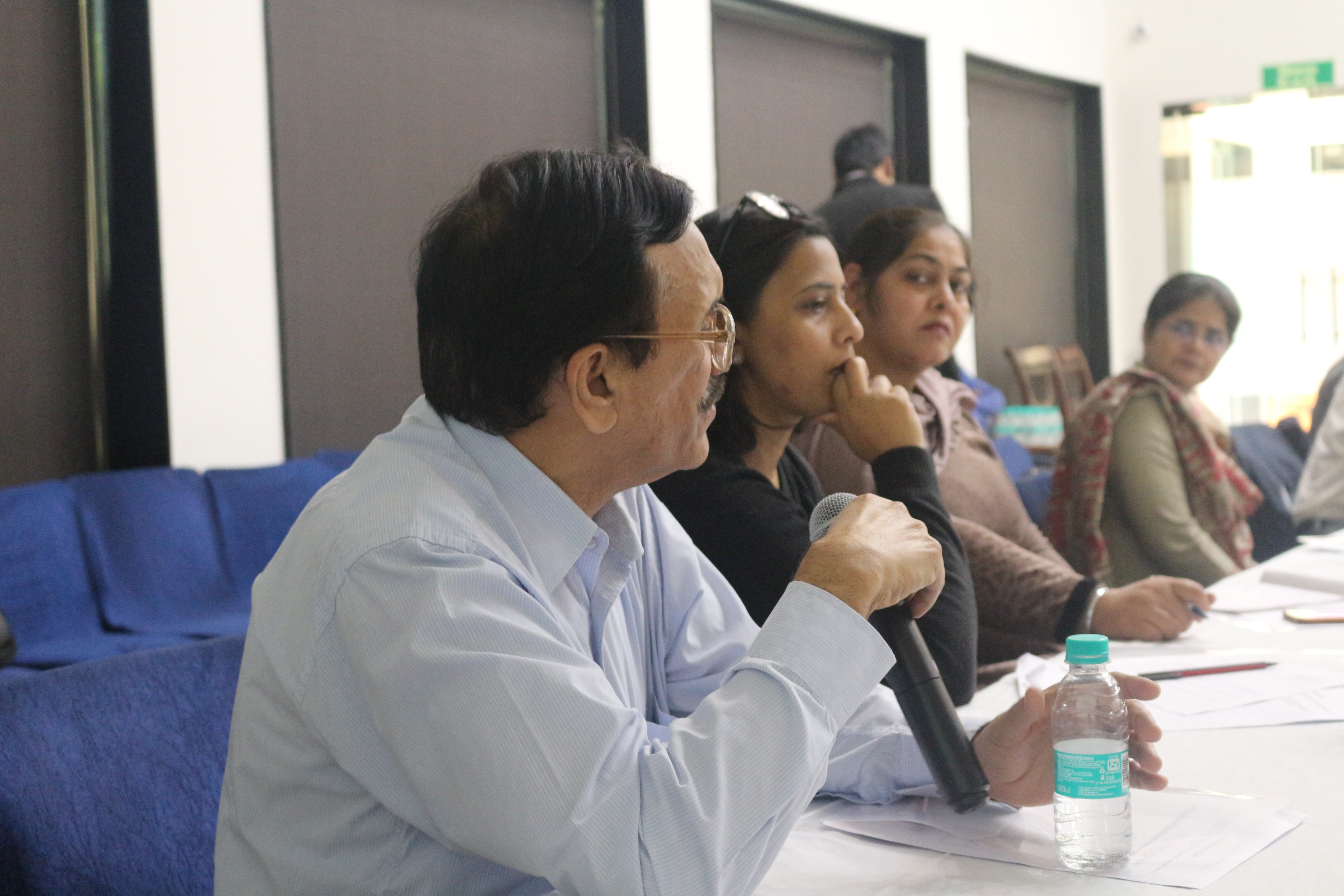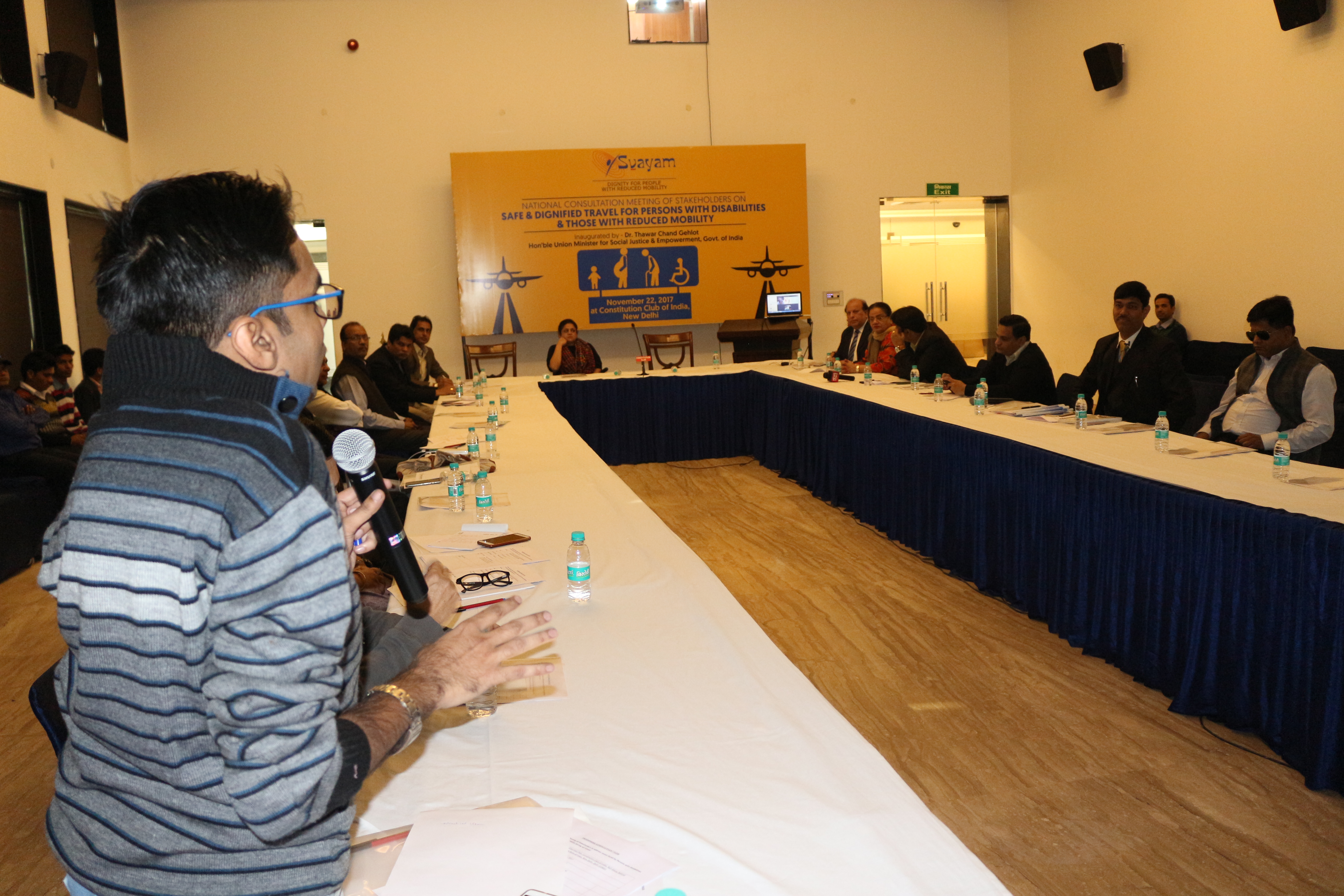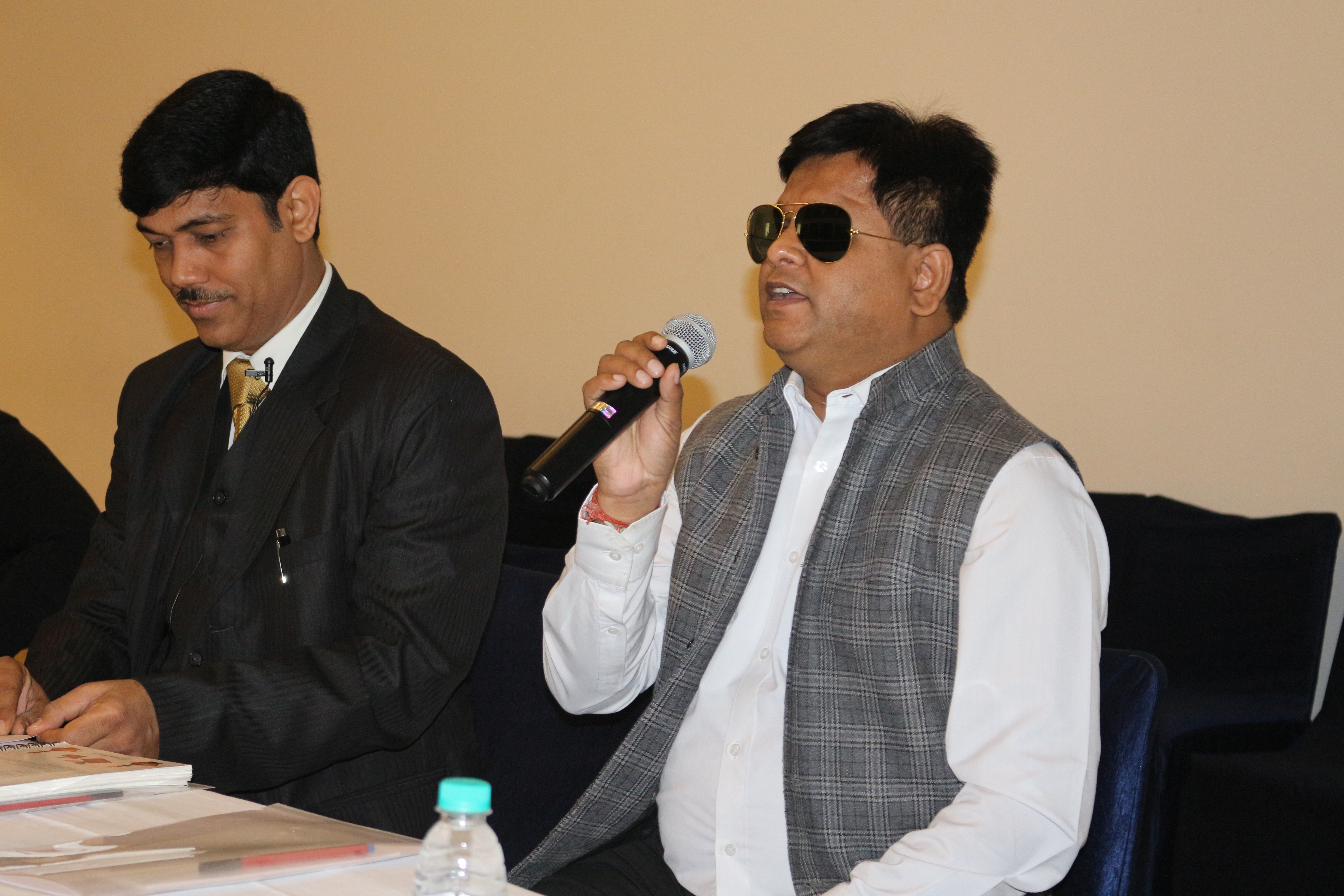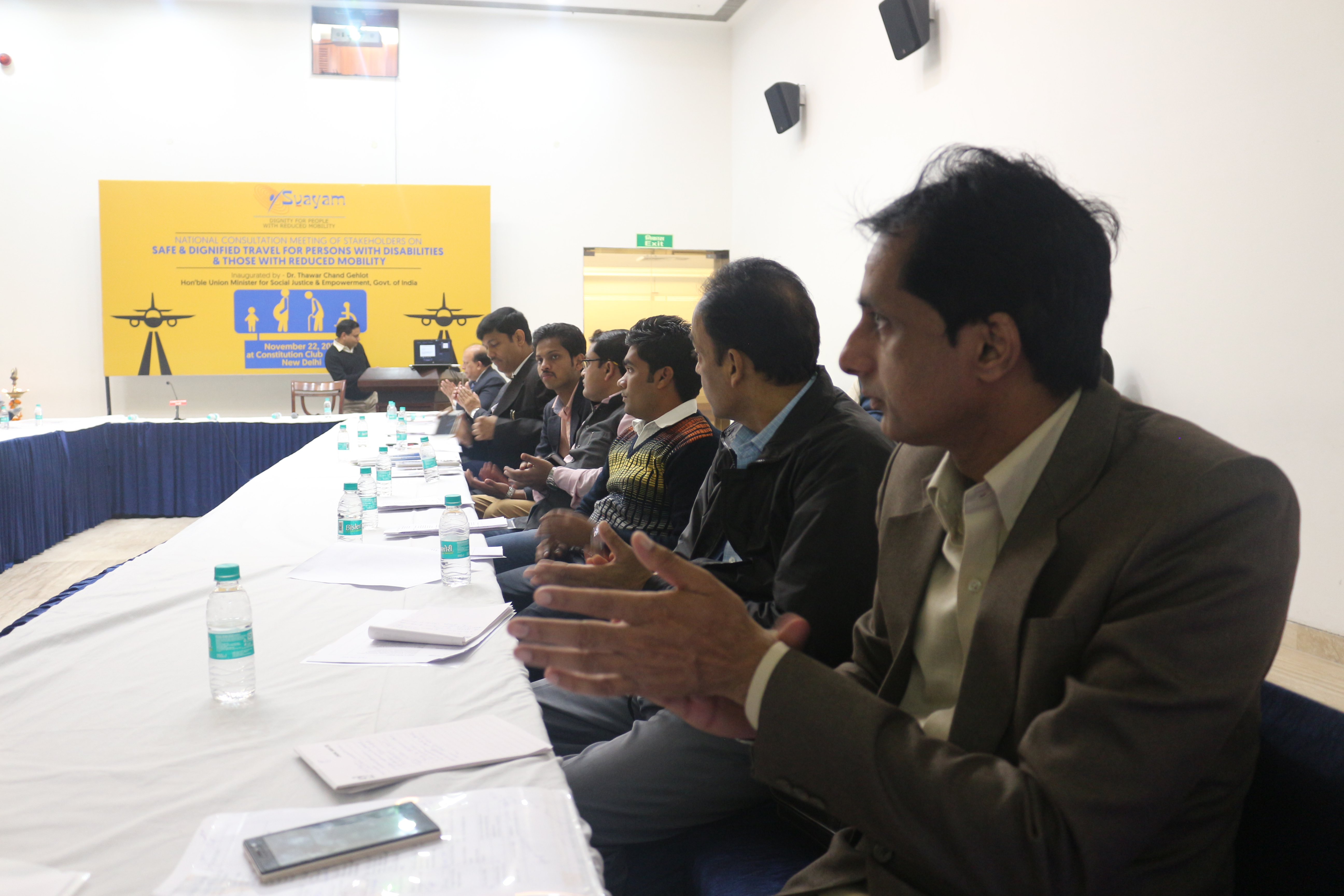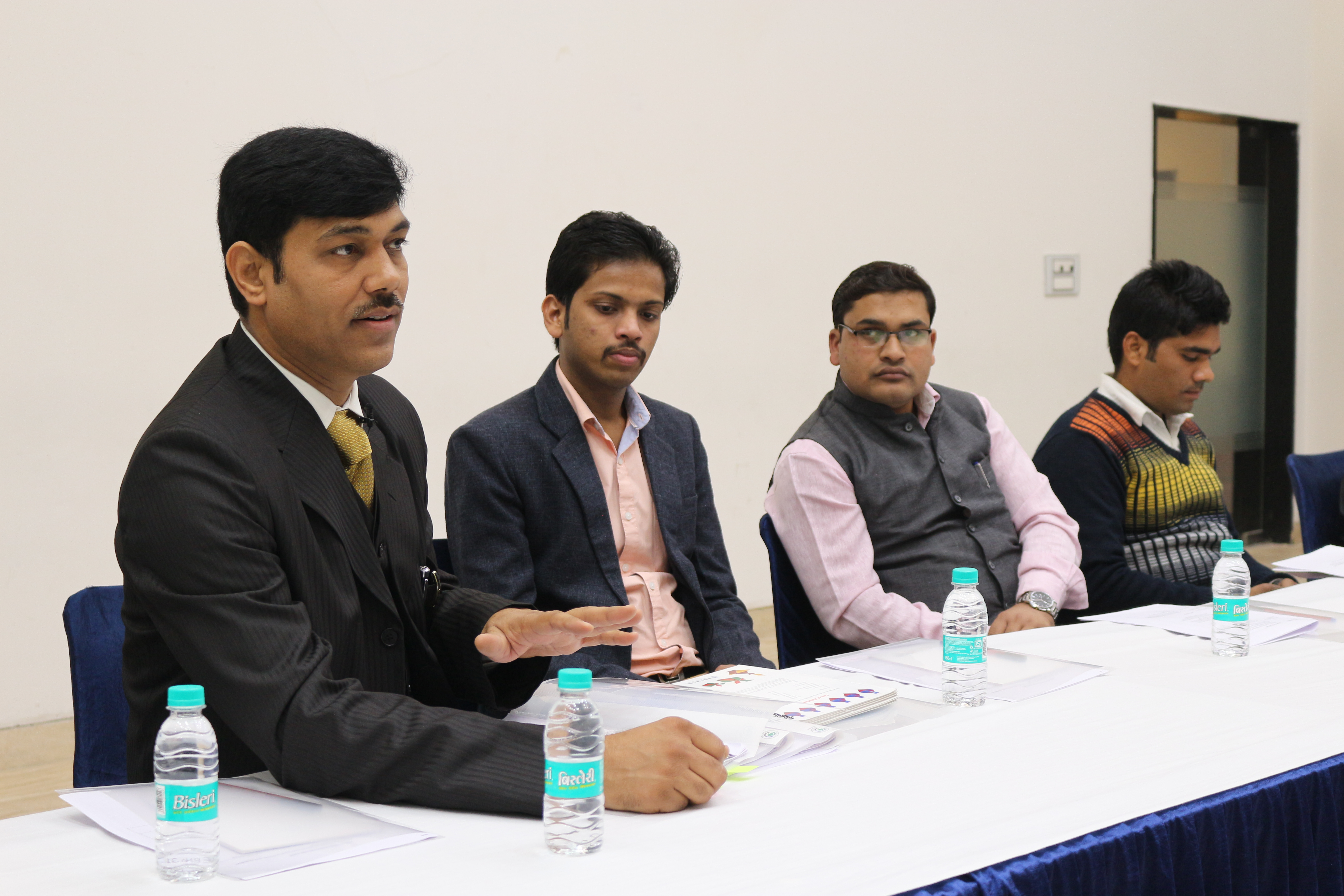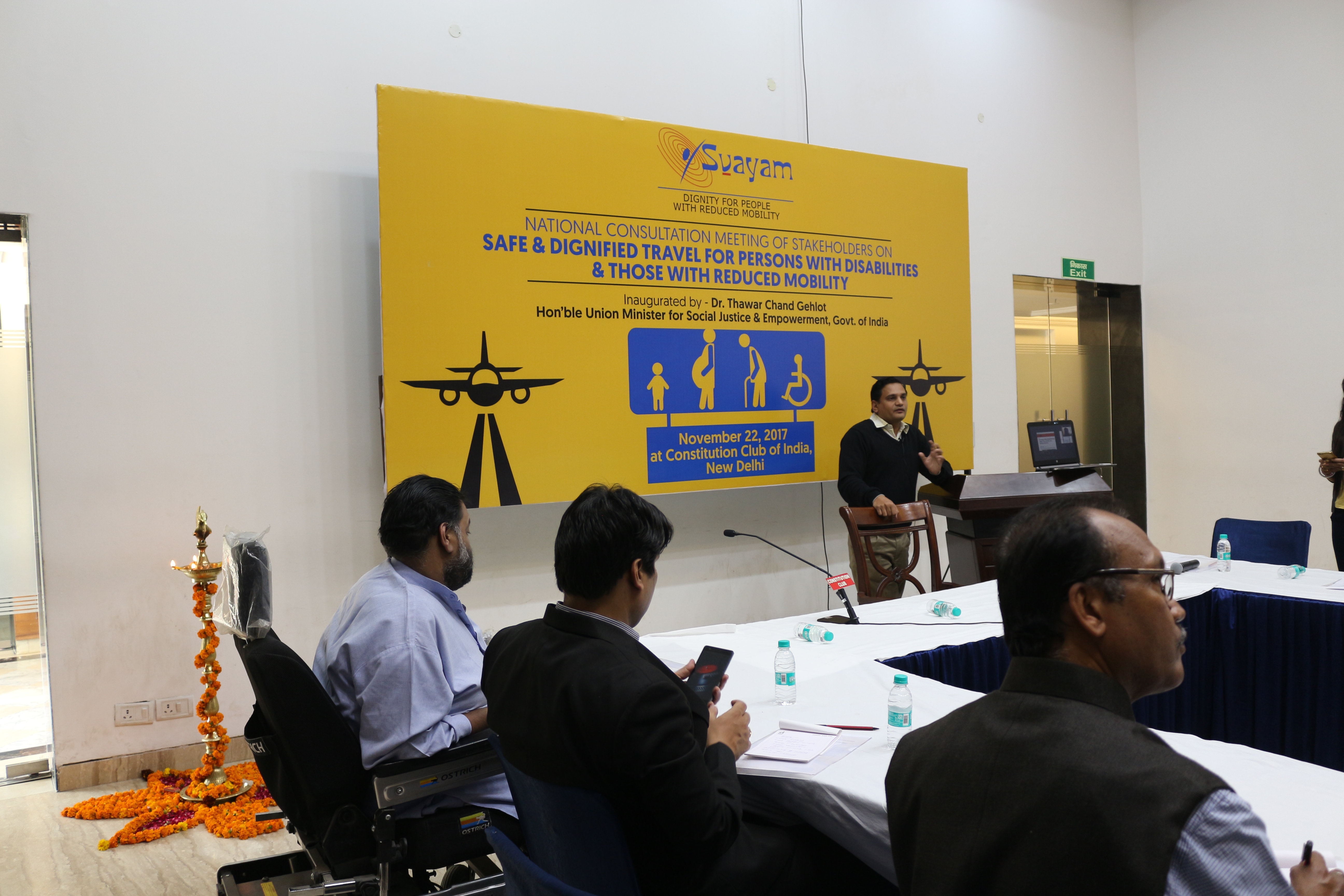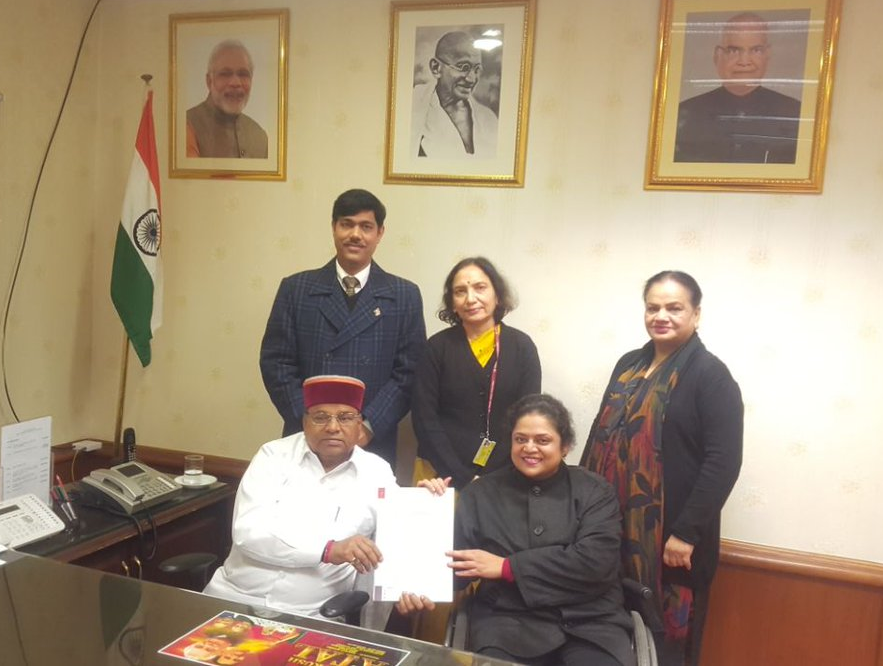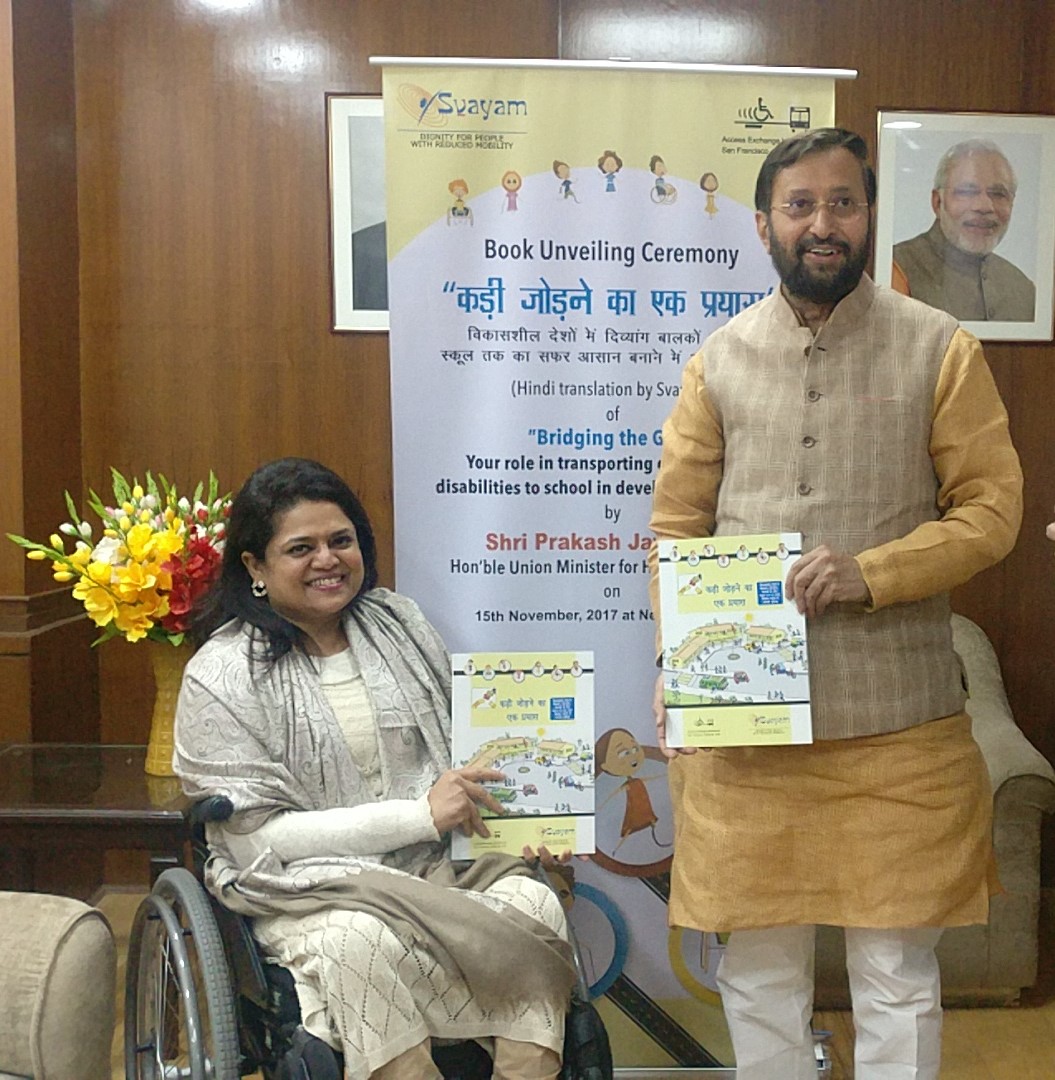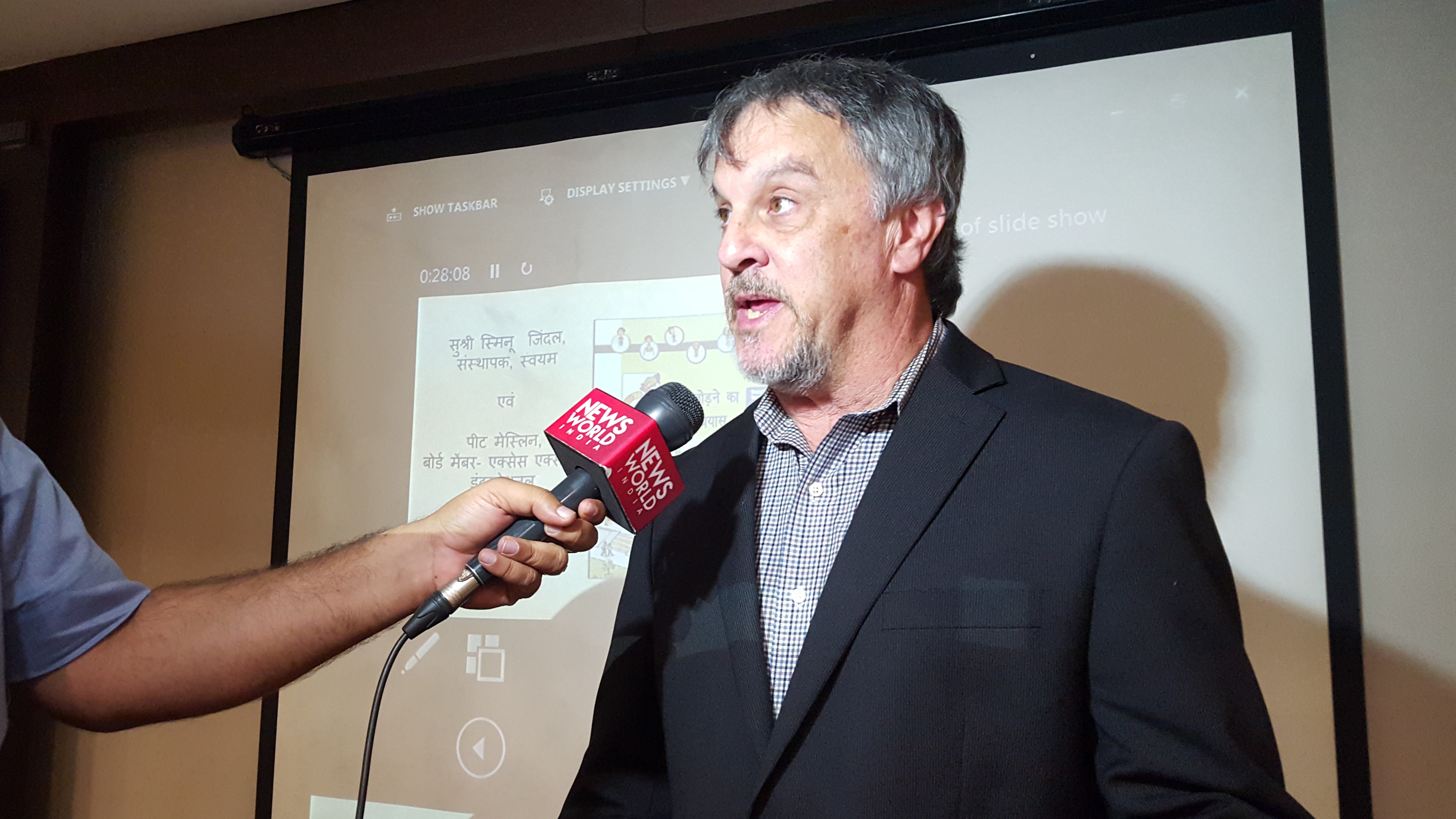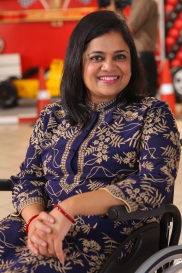
Ms. Sminu Jindal, Founder & Chairperson, Svayam
If we are taught from a very young age to understand that disability is not a disease and that it can occur to anyone, then schools, communities and workplaces would become much more inclusive, which can help alter the realities of nations. Broken down to its core, this ‘social divide’ speaks of a fear of differences. Children who grow in diverse communities, which include people with disabilities, playing an active role, will create a society of tomorrow which recognizes that, at heart, we are all the same- human beings with needs, hopes, and dreams.
Data Speaks
According to the World Bank, in India, 1 out of 12 households has a person with disability. Today 65% population of our country is below 35 years of age. Imagine 30 years from now when India will have a substantial percentage of elderly population. With such a prevalence of people with reduced mobility in the country, the need for an inclusive environment cannot be swept aside. Also, as per the 2011 census, 45% of India’s disabled population is illiterate. Such astonishing numbers not only impact the lives of these children but the future of our nation is adversely affected as well. Hence, the education system needs to be made inclusive for all children with special needs, so that they can be an active and contributing part of our society that does it proud.
Breaking Attitudinal Barriers
Here, I am not just talking about accessible infrastructure but a paradigm shift in the attitudes of the people, starting with the kindergartner to the teacher in educational institutions. Generally, schools refrain from taking in students with disabilities because of the stigma attached to it. This has to change; for this, children need to be sensitized towards their schoolmates with disabilities. Educators need to be properly trained to nurture children with disabilities alongside their non-disabled peers in the same classroom. Inclusivity in education not only helps to work towards these goals but to also grow a smart and empathetic generation of tomorrow that breaks down the barriers of differences and start celebrating differences instead of ignoring or staying away..
Often, you will notice a child with disability staying apart from classmates or not taking part in regular school activities as other children tend to refrain from playing with children with disabilities because they lack the understanding that there is no difference in spirit between those who have no disabilities and those who have.. The school environment needs to be welcoming to all students and not make certain individuals feel abnormal. Studying in a regular school not only helped me mingle with other students but also helped them to be able to see me beyond my wheelchair. Our educational books should also include a chapter on civil rights of people with disabilities and it should be taught in the schools, so that students with disabilities may know their rights; it will also help other students in accepting children with disabilities as ‘equals’, and not as ‘different’.
Later, when we enter universities, students with disabilities are often reduced to doing courses online; but can bookish knowledge really replace real-life experiences? The internet is a useful tool but it does not replace real-life interactions needed to experience life fully and important moments that shape youth and sharpen their skills.
Accessibility boosts Economy
We all together inevitably shape our economy for the better through our daily activities like education, sports, tourism, transport and employment. The economy is not just about job opportunity, but we also need to see how indirectly it affects the income generation. Therefore, it is of absolute urgency that people are not left out from these important aspects of life due to their disabilities or reduced mobility.
It does not take much to make a workplace inclusive if people, despite their challenges, choose to step out and work. Every building should have lifts, ramps and accessible washrooms, so that people with reduced mobility can enjoy uninterrupted mobility. It all starts with the basics; public transport and infrastructure should be accessible to allow people with reduced mobility to access buildings and travel with ease.
Accessible workplaces help all staff
I feel it’s not the people who are disabled; it is the environment which makes them disabled. Accessible infrastructure helps everyone. People with reduced mobility should not be treated as different or inadequate and they should not be made to feel that they are a burden, or an extra responsibility. They should be the proud contributing members of our society to the nation’s GDP. In fact, making workplaces accessible allows all employees to take fewer leaves in case of injuries, sicknesses, and pregnancy etc and their recuperating time will not remain unproductive. Elderly with reduced mobility who are forced to sit at home can also join organizations/schools and contribute their vast wisdom/experiences in nation building and to simply keep them active, if buildings and transportation are accessible.
Accessibility & Entrepreneurship
As the Chairperson of ARUNIM – Association for Rehabilitation under the National Trust Initiative in Marketing, I had worked towards economic empowerment of persons with disabilities and successfully created 6 entrepreneurs, who are today creating their own income and supporting their families. In this growing economy, where India is one of the few countries with considerable growth story, start-ups represent a wonderful opportunity for all. When persons with disabilities are given the same tools to success as the rest of the population, they can too start successful businesses through their holistic education and their own lived and professional experiences. Samuel Mani is a wonderful example of how people are not ready to settle down with less. He has cerebral palsy and had the zest to work, but he was told that he could only work if he came walking. This experience did not stop him, and today he is an inspiring entrepreneur.
New India, Inclusive India
I have met people whose family members consider them as an added responsibility, as they need to arrange additional support for their transportation, or because they are unemployed which very often results from a lack of accessibility in the public transport and infrastructure. We need to understand that an elderly person is also adding to the economy by paying for the conveyance from going from point A to point B, thus inevitably giving back to the economy. It is exactly why things are man-made; so that it helps, assists, and allows them to make changes in transport and infrastructure. Infrastructure is made for the people; hence why change people, let’s change the infrastructure itself if it is not helping all to access places. The new, stronger India that is being designed by people has to be inclusive.
Experiences make you powerful, and what happens when you get out. Abilities or disabilities, we all need exposure to thrive and discover the purpose of our lives. We need to first look at the education system, then businesses, and the workplace environment to transform the current thought surrounding disabilities, reduced mobility and accessibility.
The way forward
The more the infrastructure is enabling, more people can go out, which translates into more employment, more tourism, park visits, museums outings. We have to break the myth with the help of accessibility that older people do not spend. Accessible infrastructure will give the opportunity to all to earn their livelihood with full gusto, increasing the disposable income of households; this will help not only boosting the country’s GDP but also family’s happiness quotient.
The time has come when our leaders and management in schools, workplaces and communities alike shed their biases and make people with reduced mobility and those with disabilities a part of the growing economy that promises so much. With enabling infrastructure, you can study, step out, work and explore opportunities like anyone else. . We have to remember that in this world, everyone has their own role to play. So, let no barriers stop them.
– Authored by Ms. Sminu Jindal

